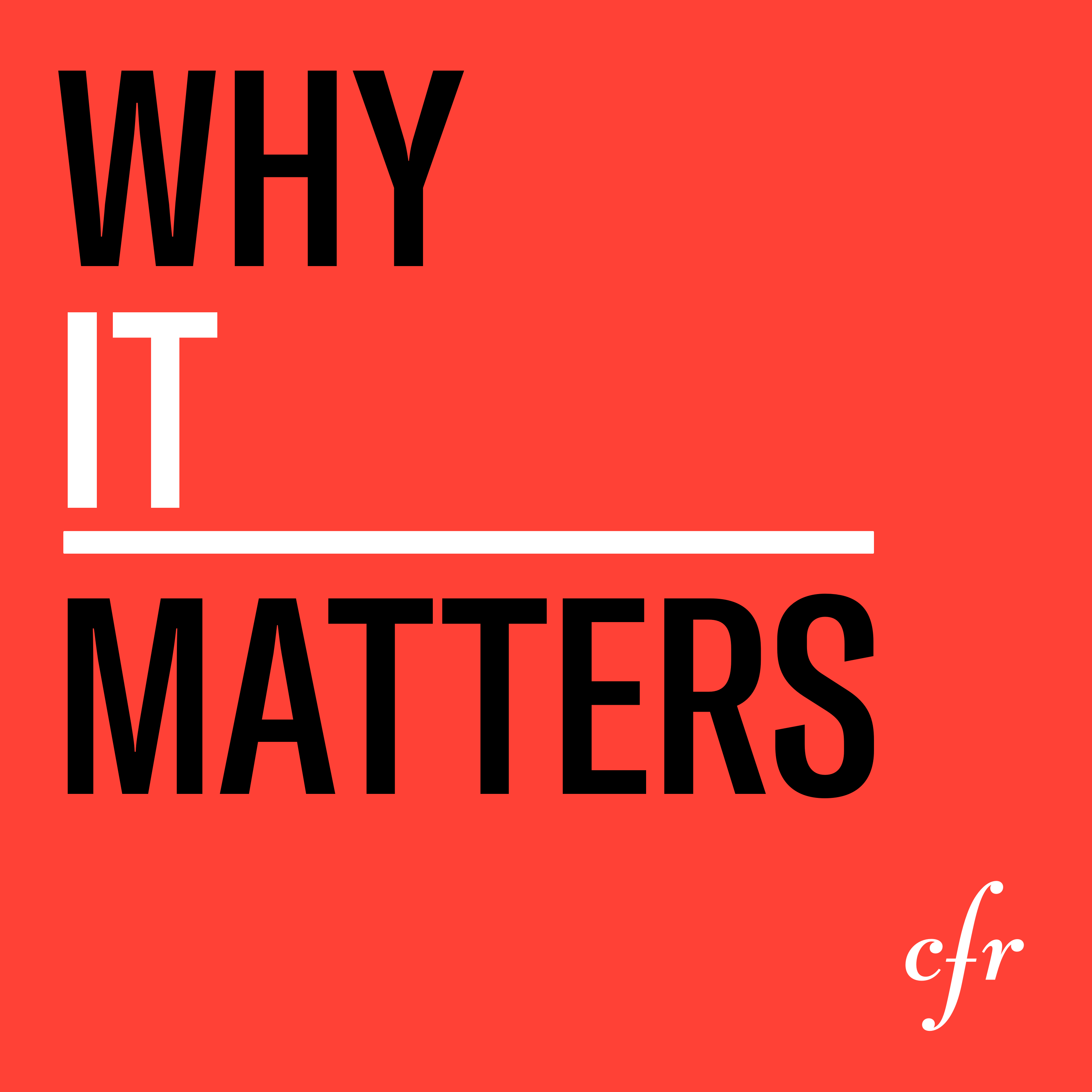
Deep Dive
- Larry Fink, CEO of BlackRock, initially recognized climate risk as investment risk but later withdrew from climate action groups.
- The episode explores whether financial incentives can encourage businesses and individuals to reduce their carbon footprint.
- The economic dilemma of climate change and the potential role of financial markets in mitigating it are discussed.
Shownotes Transcript
What does it mean to price our climate? The goal of fees like the “carbon tax” is to put a price on pollutants such as carbon dioxide that contribute to climate change, and incentivize businesses to reduce their emissions and make cleaner choices. But many companies are continuing to value profit over protecting the planet, backing out of their clean energy goals and sinking more money into fossil fuels and other short-term investments that harm the Earth. This has been happening for years, but has ramped up in anticipation of a new Trump administration which has pulled away from climate initiatives like the Paris Accord and Inflation Reduction Act since taking office.
This episode was originally released on July 29, 2020.
Featured Guests
Kate Mackenzie, Green Columnist, Bloomberg
Michael Greenstone, Professor of Economics, University of Chicago
For an episode transcript and show notes, visit us at https://www.cfr.org/podcasts/pricing-our-climate